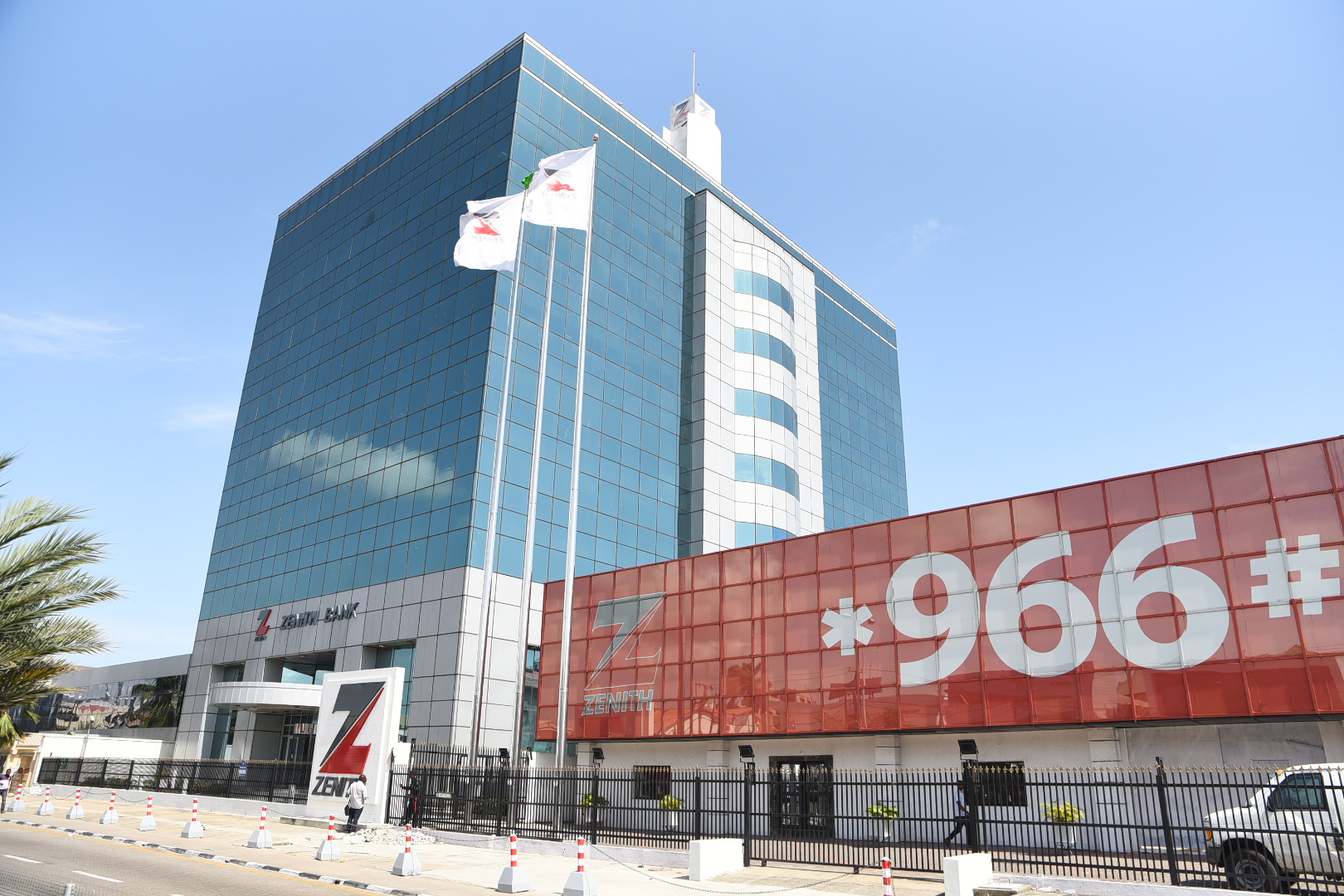On Monday, Taiwo Oyedele, chairman of the presidential committee on fiscal policy and tax reforms, raised concerns about Nigeria’s budget, warning that it is insufficient to support meaningful development.
Speaking at an interactive session organized by the House of Representatives on proposed tax reform bills, Oyedele highlighted the significant gap between Nigeria’s budget and those of its African peers, despite Nigeria’s larger population.
“I will put it bluntly. Nigeria is running on a low budget,” Oyedele stated, emphasizing the stark reality of the country’s financial limitations.
According to the 2024 Appropriation Act and supplementary budget, Nigeria’s total budget stands at approximately N35 trillion, with an additional combined budget of N15.9 trillion across all 36 states. This totals about N51.1 trillion, which equates to roughly $32 billion.
Oyedele underscored the disparity by comparing Nigeria’s budget to that of Kenya, whose 2024 budget matches Nigeria’s at $32 billion despite having a population of only 54 million.
The situation is even more pronounced when contrasted with South Africa, which has a budget of $130 billion for 2024 for its 60 million residents.
“How is it that Nigeria, with all its potential, knowledge, experience, and human capital, has a budget barely the size of Kenya’s?” Oyedele questioned, drawing attention to the inadequacies in the nation’s financial planning.
He pointed out that the current budgetary provisions are insufficient to fund critical infrastructure and development projects, including transportation networks, roads, and rail systems.
READ ALSO: Oyedele addresses Northern governors’ concerns over proposed VAT derivation model
Oyedele outlined eight main revenue sources for Nigeria, which include personal income tax, property tax, and value-added tax, with states having primary control over these sources.
The remaining sources—corporate income tax, customs duties, and revenues from petroleum and solid minerals—are shared across federal, state, and local governments.
Adding to Oyedele’s remarks, the World Bank has highlighted Nigeria’s fiscal challenges, noting that the country’s revenue-to-GDP ratio stood at just 7% in 2021, one of the lowest globally.
The institution stressed that for Nigeria to achieve sustainable economic growth, substantial revenue-enhancing reforms are essential. Such reforms include raising tax rates, enhancing tax administration, and eliminating ineffective subsidies.
The collective view from experts and international bodies underscores that without strategic fiscal reforms, Nigeria’s ability to fund developmental projects and stimulate economic growth will remain severely constrained.
Oyedele’s call to action serves as a reminder of the urgent need for comprehensive tax and budgetary restructuring to align the country’s fiscal policies with its development aspirations.

 Health6 days ago
Health6 days ago
 Entertainment1 week ago
Entertainment1 week ago
 Crime6 days ago
Crime6 days ago
 Education1 week ago
Education1 week ago
 Health1 week ago
Health1 week ago
 Comments and Issues7 days ago
Comments and Issues7 days ago
 Football7 days ago
Football7 days ago
 Latest6 days ago
Latest6 days ago

